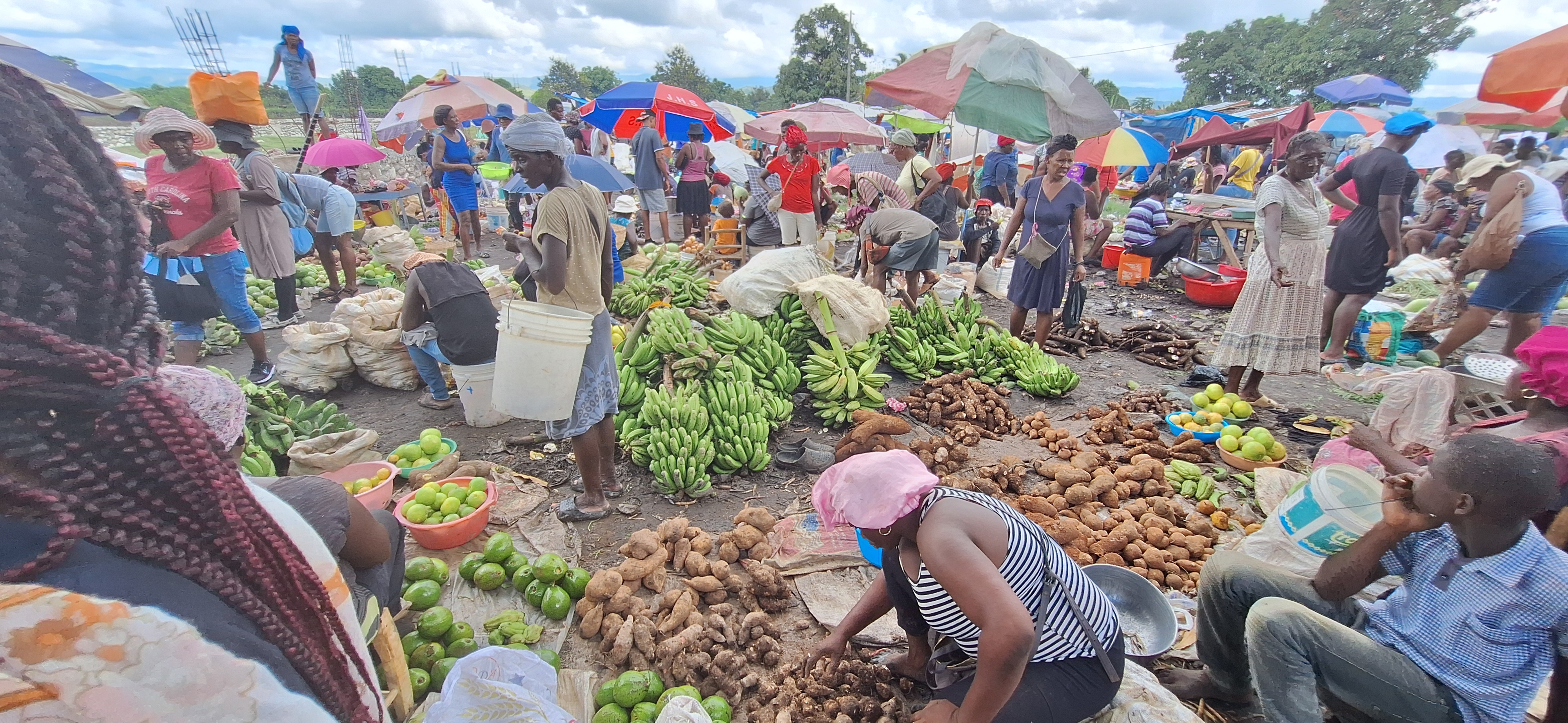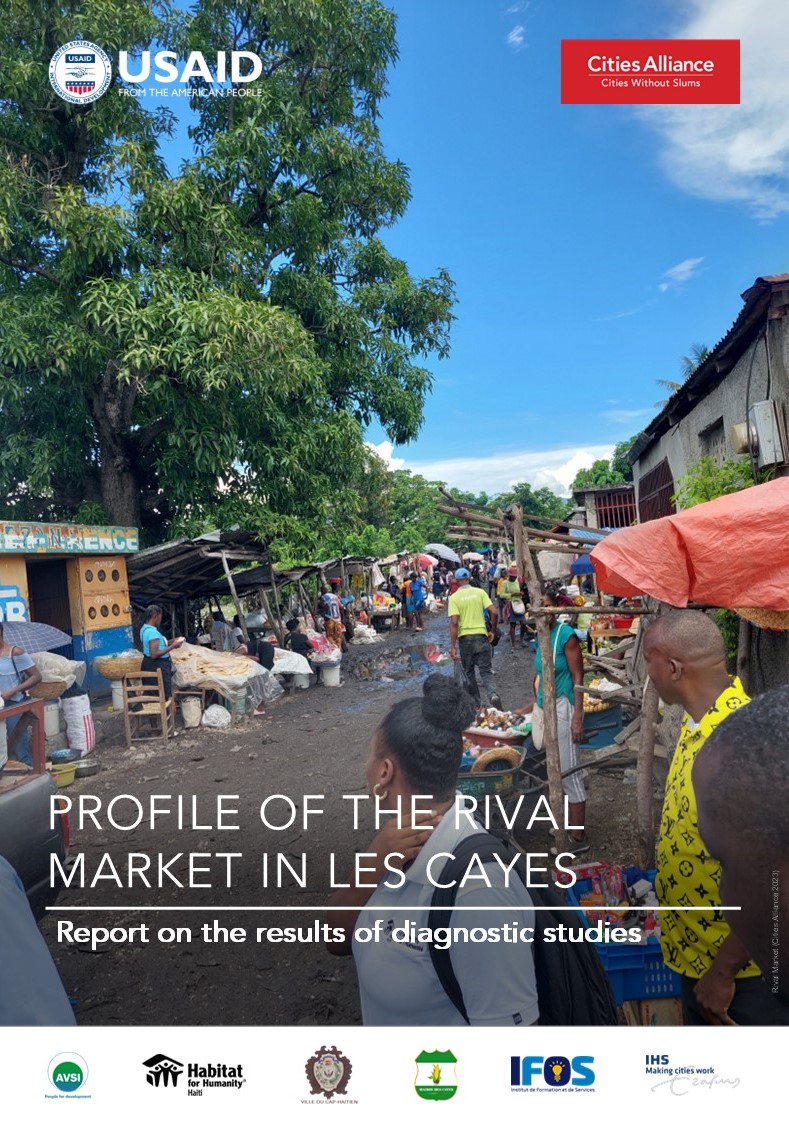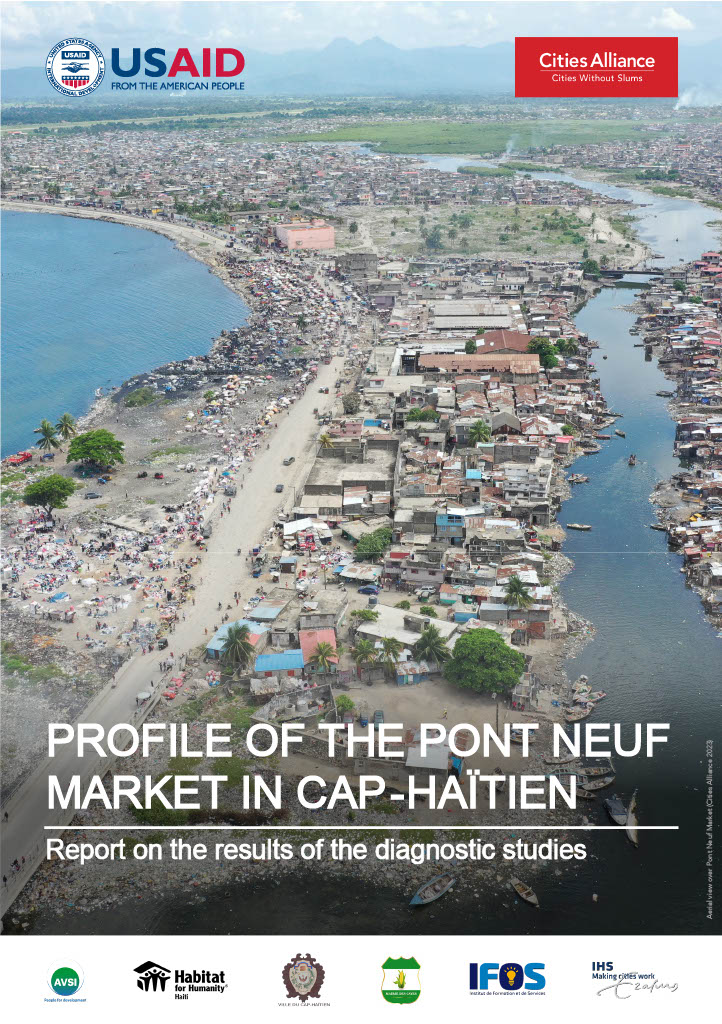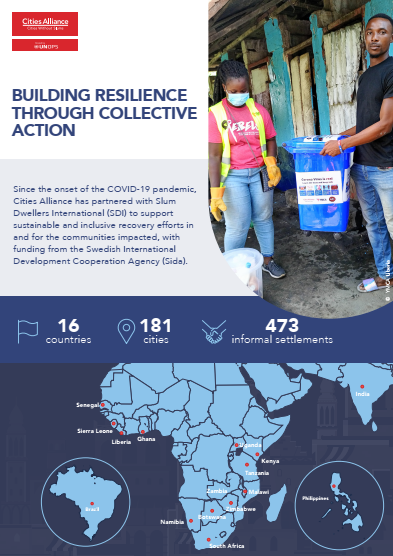- Who We Are
- How We Work
- Regional / Country Initiatives
- Legacy
- Core Themes
- Working Groups
- Portfolio & Results
- Newsroom
- Resources
Profile of the Rival Market in Les Cayes, Haiti

Report on the results of the diagnostic studies carried out under the LAVIL programme at Rival Market located in Les Cayes, Haiti.

The ‘Ansanm Ann Chanje Lavil’ initiative – LAVIL for short – supports the improvement of municipal service delivery in selected municipalities with a view to obtaining long-term, sustainable local economic development in Haiti.
In its initial phase, LAVIL focuses on public markets – multifunctional spaces that play a vital role in the local economy and promote social cohesion, but that local governments find difficult to manage effectively. LAVIL promotes sustainable management of public markets by stimulating local solutions for basic services, with an emphasis on solid waste management, co-creating spaces for multi-stakeholder dialogue and capacity-building within municipal governments.
LAVIL is funded by the United States Agency for International Development (USAID) and implemented by Cities Alliance in partnership with the municipalities of Cap-Haïtien and Les Cayes, the Association for Volunteers in International Service (AVSI) foundation, Habitat for Humanity Haiti, the Institute for Housing and Urban Development Studies (IHS) and the Institut de Formation et de Services (IFOS - Institute of training and services).
In Les Cayes, the Marché Rival (Rival Market) was chosen to take part in the pilot phase of the project. Diagnostic studies were conducted to provide an overall understanding of the market and the capacity of local government to fulfil its role in managing the space.
This publication, available in English and French, reports on the results of these studies.
The diagnostic work involved collecting primary and secondary data. Several methodologies were used: document review, observations, surveys and meetings with various stakeholders (in particular traders), focus groups, questionnaires, interviews with key informants and participation in local forums on solid waste, water and sanitation.
In order to best present the results of the studies, a systemic approach focusing on five interdependent themes
- Governance: The Rival Market, managed by multiple entities, faces governance challenges, including complex organization, low perceptions of security, and insufficient funding to cover management, security, and waste management costs.
- Environment: The environmental challenges of the Rival Market include inadequate waste management, soil and water pollution, and flood risks, which affect public health and surrounding agricultural lands. Improved risk and infrastructure management is essential to mitigate these negative impacts.
- Citizenship: The Market serves nearby communities in the city of Les Cayes, with most traders being women facing financial challenges. Civil society supports economic empowerment, yet no formal traders' association exists.
- Services: The Market lacks essential infrastructure, particularly for water, electricity, and waste management. Sanitation facilities are available but require improvements, and the absence of healthcare services poses a risk to public health.
- Economy: The Rival Market is a vital income source, with most traders relying on informal credit, 63% in debt, and few having business licenses. Most products are locally sourced, supporting the regional economy.


